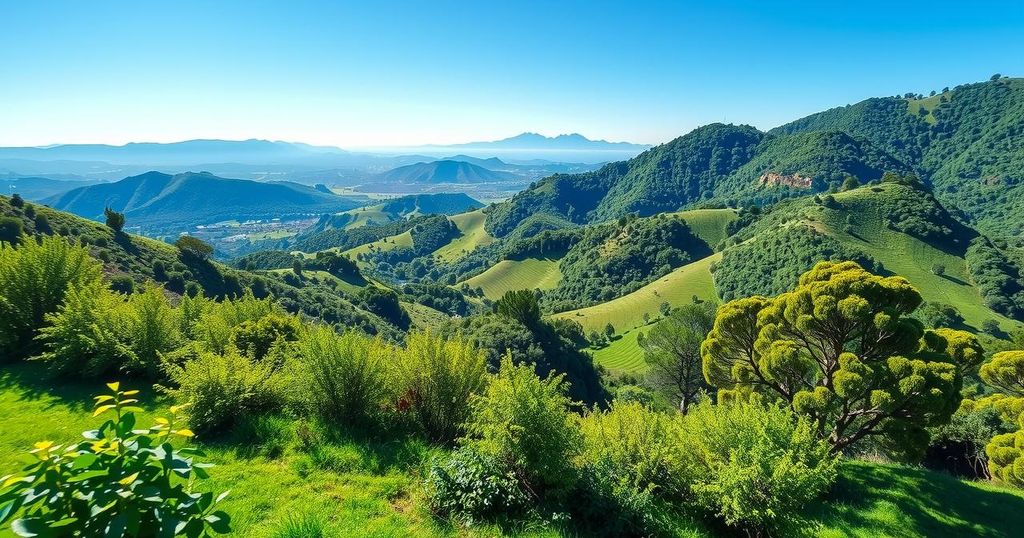Africa’s Cynical Master of Power Politics: Can Paul Kagame Secure His Legacy?
Paul Kagame aims to transform Bugesera into an airport complex, signaling a shift from Rwanda’s genocidal past to a more prosperous future. His vision includes hosting Africa’s only Formula One circuit. However, questions about his authoritarian rule and its effects on the populace persist, complicating the narrative of progress.
Currently, in Bugesera, Rwanda, there is not much happening that would seem noteworthy, yet it is here where Paul Kagame, the longstanding president of Rwanda, aims to leave his mark. Just 45 kilometers south of Kigali, this area is set to host an airport complex, which is predominantly funded by Qatar. Kagame sees this project as pivotal in transforming Rwanda—from its agonizing past of genocide in 1994—into a bustling African emirate, a nexus for trade and a destination for tourists eager to encounter the famed mountain gorillas.
Part of Kagame’s ambitious plan also includes the aspiration to introduce Formula One racing to Africa, adding a significant layer to this vision. He imagines not just an airport, but a comprehensive rebranding of Rwanda into a place where business thrives and tourism flourishes. For Kagame, this development represents not just an economic opportunity but also a pathway to secure his legacy in the eyes of both his citizens and the international community.
However, Kagame’s leadership style has received considerable scrutiny. He is often described as cynical and masterful in the realm of power politics. While he pursues grand projects, concerns about his regime’s authoritarian nature linger. Critics argue that the aggressive measures taken to maintain stability and control could undermine the very image of progress that he seeks to project.
This convoluted narrative raises a pressing question: Will Kagame’s efforts to reshape Rwanda pay off? As the region undergoes shifts—both politically and economically—the real test will be whether his initiatives genuinely enhance the livelihoods of ordinary Rwandans or simply serve to bolster his grip on power. The transformation of Rwanda rests on a precarious balance of hope, ambition, and the immediate realities faced by its people.
In summary, Paul Kagame’s ambitious plans for Bugesera, including a major airport complex and aspirations for Formula One racing, reflect his vision of transforming Rwanda into a modern hub of commerce and tourism. Yet, underlying concerns about his regime’s authoritarian practices cast a shadow over these developments, raising questions about the true impact of this progress on the lives of Rwandans. As Kagame attempts to cement his legacy, the outcomes of these projects could reveal whether his approach will benefit the nation or primarily serve his political ambitions.
Original Source: www.economist.com




Post Comment